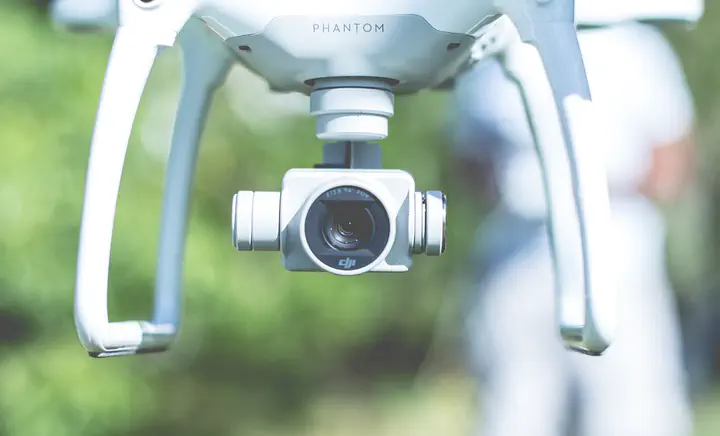
Abstract
Previous research has shown that successful non-violent resistance (NVR) campaigns promote democracy compared with violent revolutions and top-down liberalization. However, research to date has not examined the character and quality of the democratic regimes following NVR campaigns, or evaluated the mechanisms that produce this effect. In this paper, we address this gap by analyzing the effect of NVR on the quality of democracy, using the Polyarchy index from the Varieties of Democracies project and its sub-components: (1) elected executive; (2) free and fair elections; (3) freedom of expression; (4) associational autonomy; and (5) inclusive citizenship. Using kernel matching and differences-in-differences estimation we find that initiating a democratic transition through NVR improves democratic quality after transition significantly and substantially relative to cases without this characteristic. Our analysis of the Polyarchy index’s sub-components reveals that this positive effect comes about primarily owing to improvements in freedom of expression and associational autonomy. This finding speaks to the strength of NVR in promoting expressive dimensions of democracy.